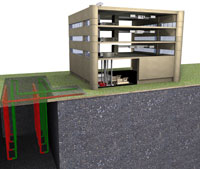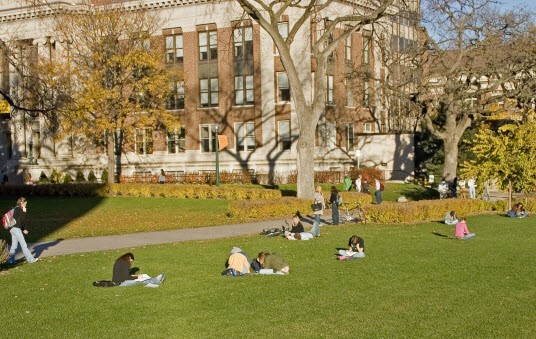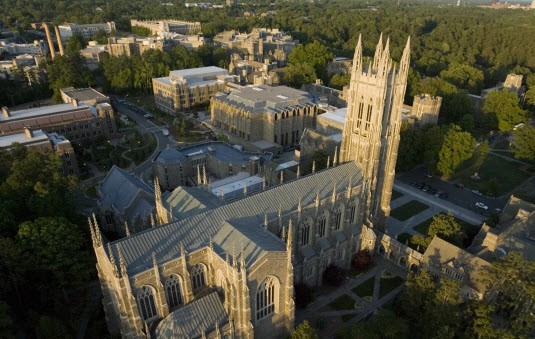Sites da Trane no mundo inteiro
- America do Norte
- United States ( English )
- Canada ( French Canadian | English | French )
- America Latina
- Argentina ( Spanish )
- Mexico ( Spanish )
- Brazil ( Portuguese )
- Aruba ( English )
- Bahamas ( English )
- Belize ( English )
- Bolivia ( Spanish )
- Bonaire ( English )
- Cayman Islands ( English )
- Chile ( | Spanish )
- Colombia ( Spanish )
- Costa Rica ( Spanish )
- Curacao ( English )
- Dominican Republic ( Spanish )
- Ecuador ( Spanish )
- El Salvador ( Spanish )
- Grenada ( English )
- Guadeloupe ( English )
- Guatemala ( Spanish )
- Guyana ( English )
- Haiti ( English )
- Jamaica ( English )
- Martinique ( English )
- Netherland Antilles ( English )
- Nicaragua ( Spanish )
- Panama ( Spanish )
- Paraguay ( Spanish )
- Peru ( Spanish )
- Puerto Rico ( English | Spanish )
- Saint Lucia ( English )
- St. Vincent & Grenadines ( English )
- Suriname ( English )
- Trinidad & Tobago ( English )
- Venezuela ( Spanish )
- ( English )
- ( Spanish )
- ( Spanish )
- Europa
- Armenia ( English )
- Austria ( German )
- Belarus ( English | Russian )
- Croatia ( English )
- Czech Republic ( Czech )
- Denmark ( English )
- Estonia ( English )
- Finland ( English )
- France ( French )
- Georgia ( English )
- Germany ( German )
- Greece ( Greek )
- Hungary ( Hungarian )
- Israel ( Hebrew )
- Ireland ( English )
- Italy ( Italian )
- Kazakhstan ( English )
- Latvia ( English )
- Lithuania ( English )
- The Netherlands ( Dutch )
- Norway ( English )
- Poland ( Polish )
- Portugal ( Portuguese )
- Romania ( Romanian )
- Russia ( English | Russian )
- Serbia ( English )
- Slovakia ( Czech )
- Slovenia ( English )
- Spain ( Spanish )
- Sweden ( Swedish )
- Switzerland ( French | German | Italian )
- Turkey ( Turkish )
- Ukraine ( English )
- United Kingdom ( English )
- Azerbaijan ( Русский )
- Tajikistan ( Русский )
- Uzbekistan ( Русский )
- Turkmenistan ( Русский )
- Oriente Médio
- United Arab Emirates ( English )
- Qatar ( English )
- Kuwait ( English )
- Egypt ( English )
- Lebanon ( English )
- Ásia
- China ( English | 简体中文 )
- Korea, Republic Of (South Korea) ( English | Korean )
- Vietnam ( Vietnamese | English )
- India ( English )
- Australia
- Japan ( )
- Guam ( English )
- Thailand ( English | Thai )
- Taiwan ( English | Chinese (Traditional) )
- Hong Kong SAR ( English )
- Indonesia ( English )
- Malaysia ( English )
- Philippines ( English )
- Singapore ( English )
- New Zealand ( English )













